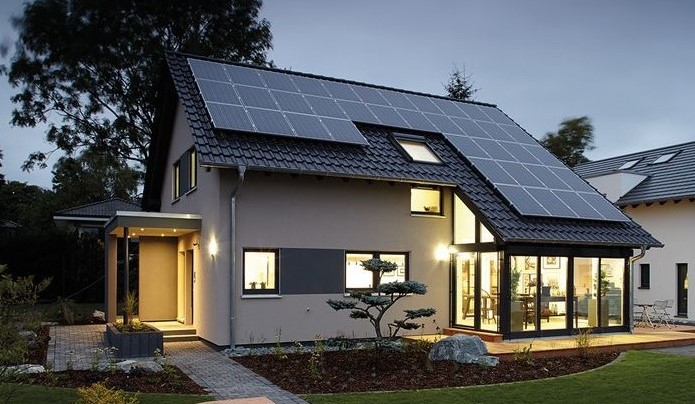
Solar energy is reshaping the way we power our homes and businesses. Whether you’re a homeowner, a business owner, or an industry professional, the journey toward clean energy starts with understanding the essentials. This blog breaks down the comprehensive guidelines for solar photovoltaic (PV) installation in Malaysia, focusing on systems for self-consumption.
What is Solar PV for Self-Consumption?
Solar PV systems harness sunlight to generate electricity. The energy produced is consumed entirely by the premises where the system is installed, with no power sold to external users or fed into the grid. It’s a great option for energy independence and reducing electricity bills.
Key Points to Consider for Installation
- Eligibility:
- These guidelines apply to anyone installing solar PV for self-consumption, excluding systems under programs like feed-in tariffs or net energy metering.
- Types of Systems:
- Off-Grid Systems: Ideal for remote locations without grid access, often paired with battery storage.
- Grid-Connected Systems: Designed for premises connected to the electricity supply system, with usage strictly within the premises.
- System Capacity:
- Domestic installations have specific capacity limits (e.g., 5kW for single-phase systems).
- For larger installations (above 72kWp), a battery storage system is recommended to ensure grid stability.
Technical and Regulatory Requirements
- Design Standards: Systems must adhere to Malaysian or international standards.
- Licensing: Obtain necessary licenses and approvals from the Energy Commission.
- Testing & Maintenance: All installations must be tested, certified, and maintained by qualified professionals.
- Grid Safety: Ensure proper design to prevent backflow of electricity into the grid.
Environmental Benefits
Using solar PV systems reduces greenhouse gas emissions, and credits or financial benefits from carbon savings go directly to the consumer.
Costs and Government Regulations
- Non-domestic installations above 72kWp may incur additional charges to reflect the cost of maintaining grid stability.
Why Solar?
Solar PV systems are a step toward sustainable living, offering energy independence and cost savings while contributing to a cleaner planet. For domestic and non-domestic users alike, it’s a win-win for the environment and your wallet.
Getting Started
Ready to power your premises with the sun? Reach out to licensed professionals and follow the comprehensive guidelines to ensure a safe and efficient installation. Visit our website: https://get.maqosolar.com/ and contact us at https://wa.me/60187771095